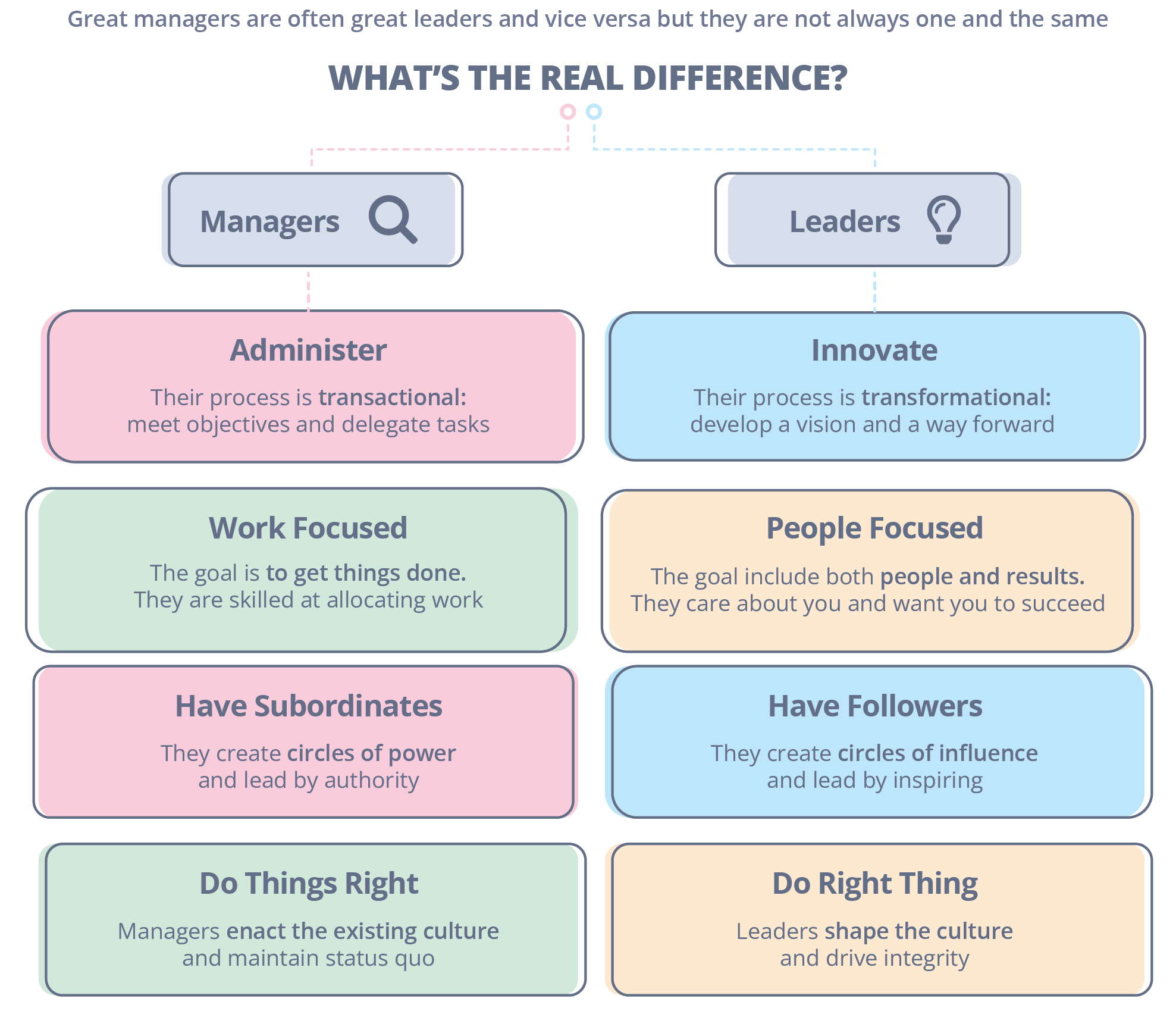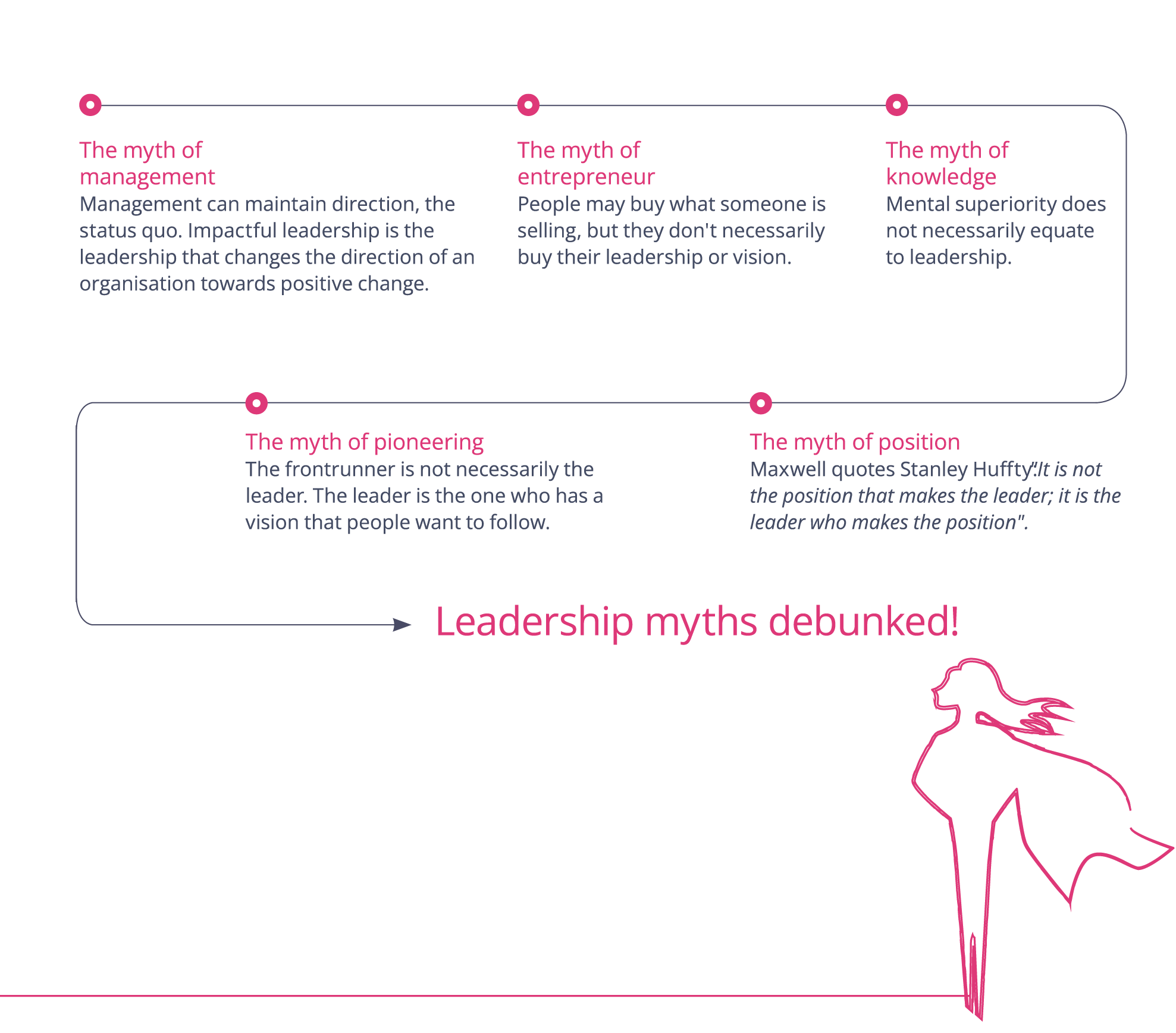The period that education has faced in the last year has generated the need to set new standards, new techniques of approaching education and improved ways of teaching and connecting with students and parents. There has also been an almost urgent need to create real role models, leaders who can provide examples of good practice and lead change in innovative ways in line with new requirements. Based on these premises, the FIRST7 Training Centre for Parents and Educators, together with Helen O'Donoghue, early childhood trainer and director of Sunridge Associates, has designed a leadership programme for educational team coordinators and those running nurseries and kindergartens in Romania. In the first edition of the webinar. How to be a good leader in early education, produced with the support of Kinderpedia, Helen O'Donoghue discussed what it means to be a good leader in early education and the difference between manager and leader.
To begin with, a good early education leader needs to form an identity of their own
Those things that make him known, unique and make others follow him. The educator has a direct impact on children's development, and when he becomes a leader, he steps up and gains a broader view of things, and his responsibilities go beyond the classroom. The profile of a good leader in early childhood education also includes the motivations that drive them to do what they do, beyond the material benefits. These motivations are often guided by the environment in which he grew up, the relationship he had with his family and school, and the lifestyle he leads, where he finds relaxation and joy. Every teacher who wants to be a leader needs to take an extremely accurate x-ray of all these things to get as clear a picture as possible of who they are. Knowing one's story is most important for a good leader in early education.
The difference between leader and manager

Great managers are often great leaders and vice versa, but they are not always one and the same.
Recent research shows that leadership has been recontextualised as a complementary part Together, the two terms ('leadership' and 'management') form the framework for the competencies and skills needed for an individual to lead a team to success.
They think beyond what people do. They activate those around them to be part of something beyond themselves. They know that well-functioning teams can achieve much more working together than individuals working on their own. Managers focus on setting, measuring and achieving goals. They control situations to meet or exceed goals. Reconstructing educational leadership as a phenomenon distinct from educational management faces two challenges. The first is to establish, in conceptual terms, what the differences between leadership and management are, and the second is to locate the discourse and practice of
educational leadership and management historically, such that the nature of management; hence the distinction between these two concepts becomes even more difficult to frame. Researchers argue that the term leadership has been captured by the needs of modern management theory and that any discussion of leadership seems to dissolve into a discussion of effective management techniques.
Together, the two terms ('leadership' and 'management') form the framework for the competencies and skills a person needs to lead a team to success.
A good leader in early education is someone who in turn builds leaders. The first step in building a good leader in early education is identifying the culture of the organisation, which is different from the physical environment in which the education takes place. The culture of the organisation is unique and refers to a whole, from the rules of how the work is carried out, the rules that establish the relationships between teachers and the methodology by which the teaching-learning is carried out. It is preferable for these to be set right from the start and reviewed at the beginning of each school year. To build good leaders, it is important that everyone takes responsibility for building and maintaining this culture.
Leaders know that if they don't learn something new every day, they don't stand still, they fall behind. They remain curious and seek to stay relevant in an ever-changing world of work. They seek out people and information that will expand their thinking. Managers often duplicate what has made them successful by honing existing skills and adopting proven behaviors."

Leadership for Education serves as an introduction to a number of key educational leadership strategies.
It is designed for teachers, educators and school leaders who feel they need a toolkit to create a vision and build a trusted team.
Discover the whitepaper
The three main rules of an organisational culture, according to Helen O'Donoghue, are punctuality - start on time, finish on time, challenge, everyone's intention and willingness to be challenged, and commitment made at an individual level for the good of the group. The most important thing is to start from the premise of positive intentions. This allows us to be more tolerant of others and to understand that everyone does what they can with the resources they have at their disposal.
School leadership and management in the 21st century and especially during the pandemic is very much like working in an engine room, full of noise, pressure and overwhelming energy. This has brought more autonomy but also more responsibility to schools and nurseries. It took and still takes a lot of courage and resilience to face all the challenges that any new situation brings. A good leader in early education knows how to manage such challenges effectively. The COVID-19 pandemic has brought the opportunity and at the same time the challenge to shift the focus from curriculum, pedagogy, learning and assessment to health, safety, community and sense of belonging. More than ever, perfection is an enemy of progress.
A good leader in early education and beyond will act quickly and decisively, even when it's difficult, because those who act first will have the advantage. Studies show that organisations that act boldly during a crisis are more likely to overcome it. Beyond the ability to act quickly and boldly, a good leader will first and foremost be a human leader. Although he or she needs to remain calm, it is good for those around them to see that the leader is also human and that it is hard for him or her. Being in control doesn't necessarily mean being calculated and cool, but also showing vulnerability. By showing how intense feelings of fear can be turned into action, a good leader will also help others manage their emotions without them paralysing their actions. In a time of crisis connections are made, it's not about "me", it's about "us".
Reconstructing educational leadership as a phenomenon distinct from educational management faces two challenges. The first is to establish, in conceptual terms, what the differences between leadership and management are, and the second is to locate the discourse and practice of educational leadership and management historically, so that the changing nature of these concepts over time becomes explicit and visible.
More than positional, good leadership is about making an active difference to a child's learning journey and influencing others through training and coaching, inspiring them to make the right choices for improved learning.
Key qualities a good early education leader needs
To identify whether you are or can be a good early education leader, you need to answer some basic questions: What is the motivation behind your approach? Who are you as a leader? How do you deal with difficult situations? What contribution do you make to your organisation? There are no right or single answers, it all depends on the organisation, the people and the context. As leaders, we make choices and it is important to know how to manage our time, energy and resources to be more efficient and effective. What we need to keep in mind at all times is the impact we want to have, and a good early education leader will have a positive impact on the whole organisation, both at team and student level. Impact is key, but we must always keep the end goal in mind. School leadership has a direct impact on learning, and the direct and indirect effects of leadership measure a quarter of the whole effect of learning on children.
A good leader in early education must be intelligent, honest, creative, confident, motivated and courageous. A manager becomes a leader according to the context in which he or she operates and how he or she manages to meet challenges. Everyone has to ask themselves whether they are a leader, a manager or a coordinator. The coordinator does things, the manager does things well, while the leader does things well, those things that need to be done. The coordinator clears the path, the manager walks the path, and the leader creates the path. The coordinator's job is to bring consistency, the manager's job is to bring clarity, and the leader's job is to manage complexity. The coordinator relies on reactivity, the manager on action, and the leader on proactivity. The coordinator works with processes, the manager deals with operations, while the leader creates strategies. The coordinator ensures that an activity is carried out, the manager ensures that it is carried out efficiently, and the leader is responsible for the effectiveness of the activities. To become a leader, a person must first be a coordinator and then a manager. Good management helps to do better the things we know how to do more or less. Good leadership helps a group of people to take a step into the future, not repeat past actions. Leadership and management are two complementary and distinct systems of action, with different functions and characteristics, but equally necessary for success.
Management makes a school work, while leadership makes a school work in a particular direction
For this to be possible, it is necessary to remember that the main thing to consider is the impact that school has on learning. Of course, it is about knowledge and skills, but we need a definition about the efficiency and effectiveness of learning. Children don't learn things they already know, they need practice and method, but the ultimate goal is to ensure the ultimate impact of learning. The challenge for leaders is to pursue this effectiveness. Long working time does not ensure effectiveness or successful impact, so a leader needs to measure actions very carefully so that they have meaning and purpose. A good early education leader knows how to manage their time and actions very well, aiming for the end goal. As Steven Covey says in "The 7 Skills of Effective People", we reach our goals more easily when we start our actions from their end goal. Covey's seven habits are made up of the primary principles of character on which happiness and success are based. The 7 Habits of Effective People proposes a principled approach to both personal and interpersonal effectiveness.
So a good leader will always know if what they are doing is really important and has the desired impact.

The difference between leaders is the context in which they work. The basis is the same, but their actions differ according to the challenges they face. Context is key. Leadership and management are two complementary systems of action, with different functions and characteristics, but equally necessary for success.
An effective leader knows his or her strengths and uses them so that the set goals are achieved. At the same time, they manage to remain flexible and look at other styles that they have not yet mastered in order to get the big picture. When the leader juggles the advantages of each leadership style easily, he or she is able to quickly embrace the dynamic changes that inevitably occur. Together with their teams, leaders are challenged to keep pace with digitisation and new learning developments. It is important that children's educational needs are met at school and at home, and this can happen when the family-educational partnership is healthy. Find out why some of the most prestigious schools and kindergartens have chosen Kinderpedia and discover for yourself the benefits of the communication and management platform for education.
Discover Kinderpedia












